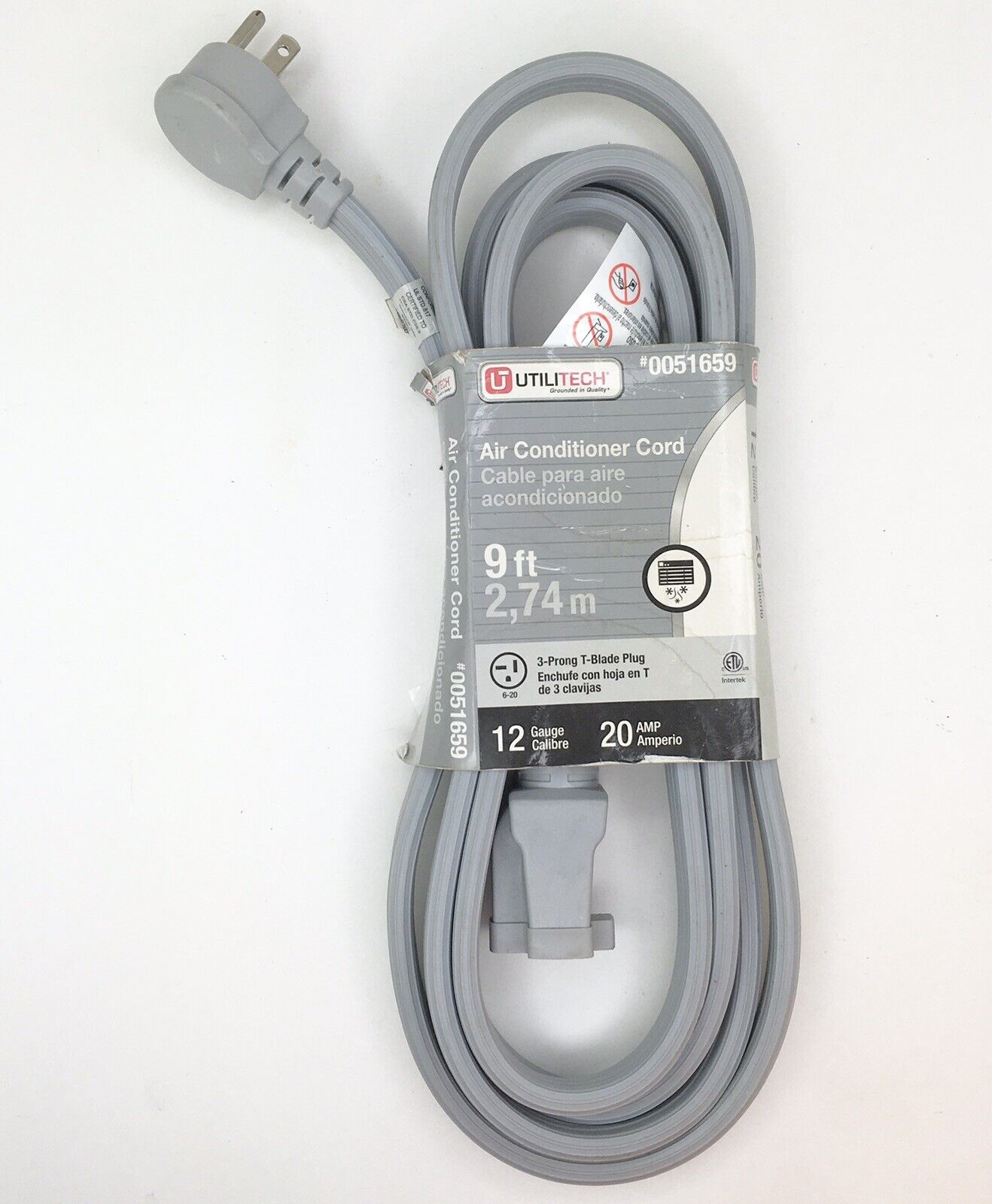

Articles
What Gauge Extension Cord For Air Conditioner
Modified: October 20, 2024
Find out the ideal gauge extension cord for your air conditioner with our informative articles. Ensure safe and efficient power supply for your unit.
(Many of the links in this article redirect to a specific reviewed product. Your purchase of these products through affiliate links helps to generate commission for Storables.com, at no extra cost. Learn more)
Introduction
When it comes to using air conditioners, having the right extension cord is essential for ensuring optimal performance and safety. The correct gauge of the extension cord can directly impact the effectiveness of your air conditioner, as well as prevent potential hazards such as overheating or electrical fires.
In this article, we will delve into the world of extension cord gauges and guide you on choosing the right one for your air conditioner. Whether you’re installing a window unit or a central AC system, understanding the importance of the correct gauge will help you make an informed decision and keep your cooling system running smoothly.
So, let’s dive in and explore the fascinating world of extension cord gauges and their significance in powering your air conditioner.
Key Takeaways:
- Choose the right gauge extension cord for your air conditioner to prevent voltage drop, overheating, and potential damage. Consider factors like amperage rating, length, and safety features for optimal performance and safety.
- Follow manufacturer guidelines and use recommended gauges for different types of air conditioners. Prioritize safety, avoid undersized cords, and invest in high-quality extension cords with built-in safety features for efficient and safe operation.
Read more: What Gauge Is An Extension Cord
Understanding Extension Cord Gauges
Extension cord gauges refer to the thickness of the wire inside the cord. The gauge number indicates the wire’s diameter, with a lower number indicating a thicker wire. The thicker the wire, the more current it can safely handle without overheating.
Extension cords typically come in different gauges, such as 16, 14, and 12. The most common extension cord gauge is 16, which is suitable for smaller electronics and appliances that require less power. On the other end of the spectrum, you have the thicker 12-gauge cords, capable of handling heavier loads such as power tools and large appliances.
As air conditioners fall into the category of appliances that require a significant amount of power, it’s crucial to use an extension cord with an appropriate gauge to handle the electrical load. Using an extension cord with a gauge that is too thin for your air conditioner can lead to voltage drop, reduced efficiency, and even damage to your cooling system.
It’s important to note that the longer the extension cord, the more resistance it creates for the current flowing through it. This resistance increases as the gauge of the cord gets higher, leading to voltage drop and potential overheating. Therefore, it’s recommended to keep the length of your extension cord as short as possible to minimize voltage drop and maximize performance.
Factors to Consider when Choosing an Extension Cord for an Air Conditioner
Choosing the right extension cord for your air conditioner involves considering several factors to ensure safety and optimal performance. Here are some key factors to keep in mind when making your selection:
- Amperage Rating: Check the amperage rating of your air conditioner, which can usually be found on the unit or in the user manual. The extension cord you choose should have an amperage rating that is equal to or higher than the amperage of your air conditioner. Using a cord with a lower amperage rating can overload the cord and pose a safety risk.
- Gauge: As mentioned earlier, the gauge of the extension cord is critical. For air conditioners, it’s recommended to use a 12-gauge cord, especially for units that draw more power. This thicker gauge helps prevent overheating and minimizes voltage drop, ensuring your air conditioner operates efficiently.
- Length: Consider the distance between your air conditioner and the power outlet. Using a shorter extension cord reduces resistance and voltage drop. Ideally, try to position your air conditioner close to an outlet to avoid the need for an extension cord. However, if you do require one, ensure it’s the appropriate length to minimize energy loss.
- Safety Features: Look for extension cords with built-in safety features such as grounded plugs, surge protection, and overload protection. These features can protect your air conditioner from power surges, short circuits, and other electrical issues that may cause damage.
- Outdoor Usage: If you plan to use your air conditioner outdoors, make sure to choose an extension cord that is specifically designed for outdoor use. Outdoor extension cords have additional insulation and protection against moisture, which is essential for safe and reliable operation.
By considering these factors, you can select an extension cord that is suitable for your air conditioner, ensuring efficient performance and minimizing the risk of electrical hazards.
When choosing an extension cord for your air conditioner, use a 12-gauge cord for 50-100 feet, and a 10-gauge cord for over 100 feet to ensure proper power supply and prevent overheating.
Recommended Gauges for Air Conditioner Extension Cords
Choosing the right gauge for your air conditioner extension cord is crucial for optimal performance and safety. Here are some recommended gauges based on the power requirements of different types of air conditioners:
- Window Air Conditioners: For window AC units with power ratings up to 15,000 BTUs (British Thermal Units), a 14-gauge extension cord is typically sufficient. This gauge can handle the power requirements and offer good performance without significant voltage drop.
- Portable Air Conditioners: Portable AC units with power ratings ranging from 8,000 to 15,000 BTUs should generally be connected to a 12-gauge extension cord. These units draw more power and require a thicker wire to prevent overheating and ensure stable operation.
- Central Air Conditioning Systems: Central AC systems usually have high power demands and should be connected directly to the main power source. However, if an extension cord is necessary, a 10-gauge cord is recommended to handle the load and prevent voltage drop.
It’s important to note that the recommended gauges mentioned above are general guidelines. Always check the manufacturer’s guidelines and specifications for your specific air conditioner to ensure you choose the most suitable extension cord gauge.
Additionally, it’s crucial to avoid using undersized extension cords or daisy-chaining multiple cords together, as this can increase the risk of overheating, voltage drop, and electrical fires. Instead, invest in a single, high-quality extension cord that meets the power requirements of your air conditioner.
Remember, safety should always be a priority when selecting an extension cord for your air conditioner. It’s better to use a thicker gauge than necessary to ensure efficient and safe operation of your cooling system.
Conclusion
Choosing the right extension cord for your air conditioner is essential for optimal performance and safety. By understanding the importance of extension cord gauges and considering factors such as amperage rating, length, and safety features, you can make an informed decision to ensure your air conditioner operates efficiently and without any electrical hazards.
When it comes to the recommended gauges for air conditioner extension cords, it’s crucial to select a gauge that can handle the power requirements of your specific unit. From 14-gauge cords for smaller window units to 10-gauge cords for central AC systems, using the appropriate gauge will help prevent voltage drop, overheating, and potential damage to your air conditioner.
Additionally, maintaining safety measures is paramount when using extension cords for air conditioners. Avoid using undersized extension cords or daisy-chaining multiple cords together, as this can pose risks and compromise performance. Invest in high-quality extension cords with built-in safety features, such as surge protection and overload protection, to safeguard your cooling system.
Remember, always consult the manufacturer’s guidelines and specifications for your air conditioner model to ensure compatibility with the chosen extension cord. And if possible, it’s best to position your air conditioner close to a power outlet to minimize the need for an extension cord.
By following these recommendations and taking the necessary precautions, you can enjoy a cool and comfortable environment while ensuring the safe and efficient operation of your air conditioner.
Now that you've got the scoop on choosing the right gauge extension cord for your air conditioner, why not extend that savvy to other aspects of your home? Regular upkeep is vital for maintaining your home's health, and our guide on home maintenance provides practical tips and tricks that are easy to follow. Whether you’re new to homeownership or a seasoned pro, you'll find valuable insights to keep your living space in top shape.
Frequently Asked Questions about What Gauge Extension Cord For Air Conditioner
Was this page helpful?
At Storables.com, we guarantee accurate and reliable information. Our content, validated by Expert Board Contributors, is crafted following stringent Editorial Policies. We're committed to providing you with well-researched, expert-backed insights for all your informational needs.

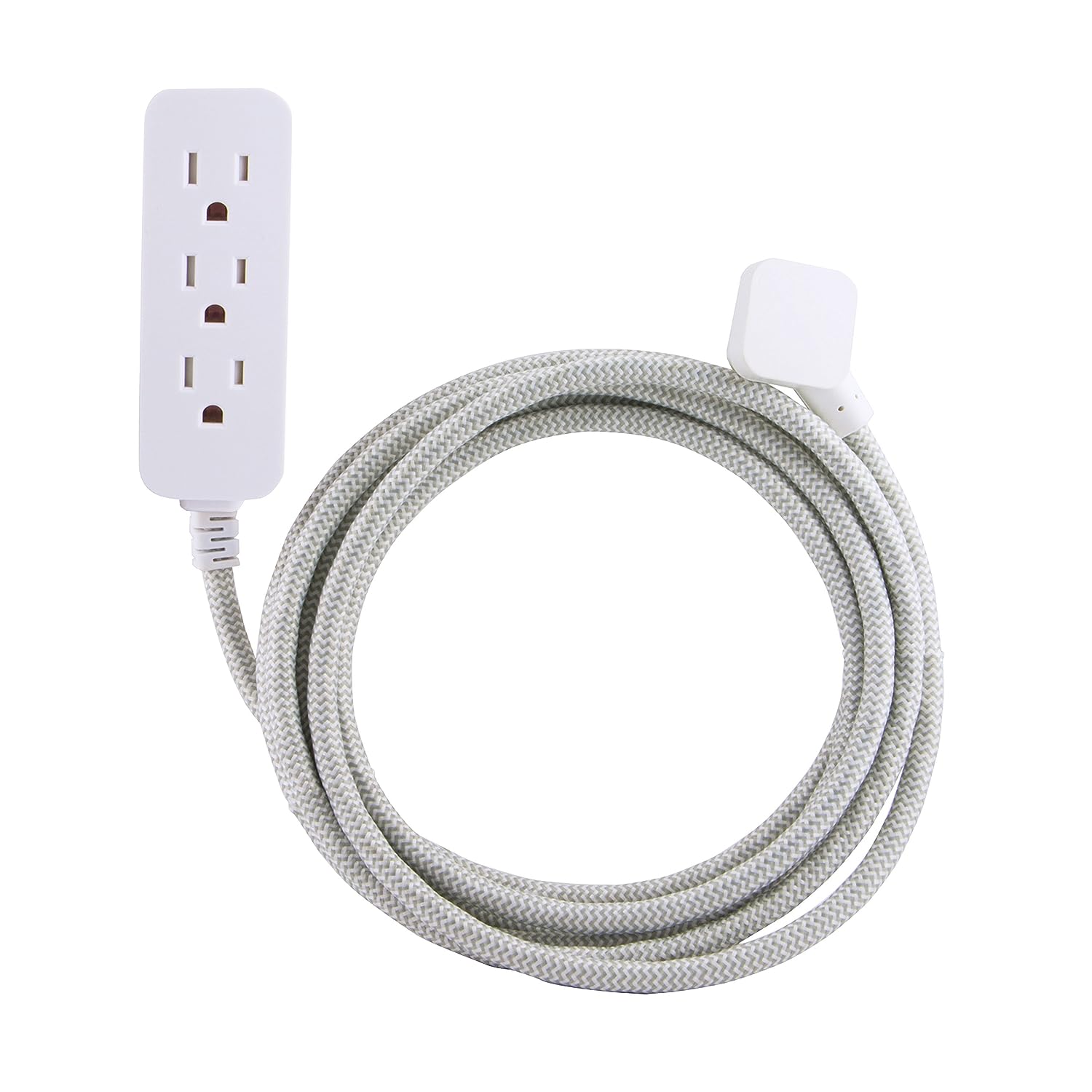
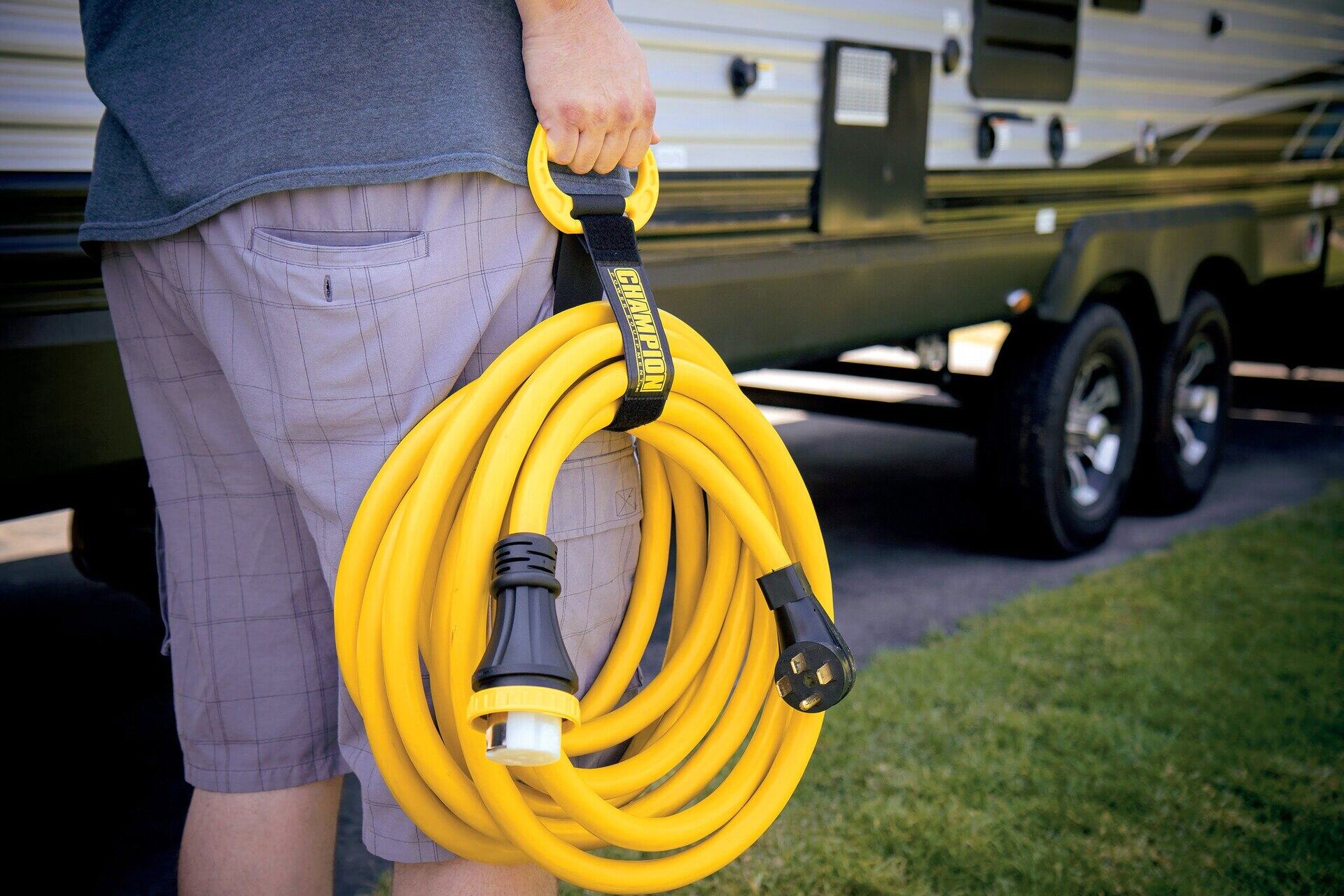

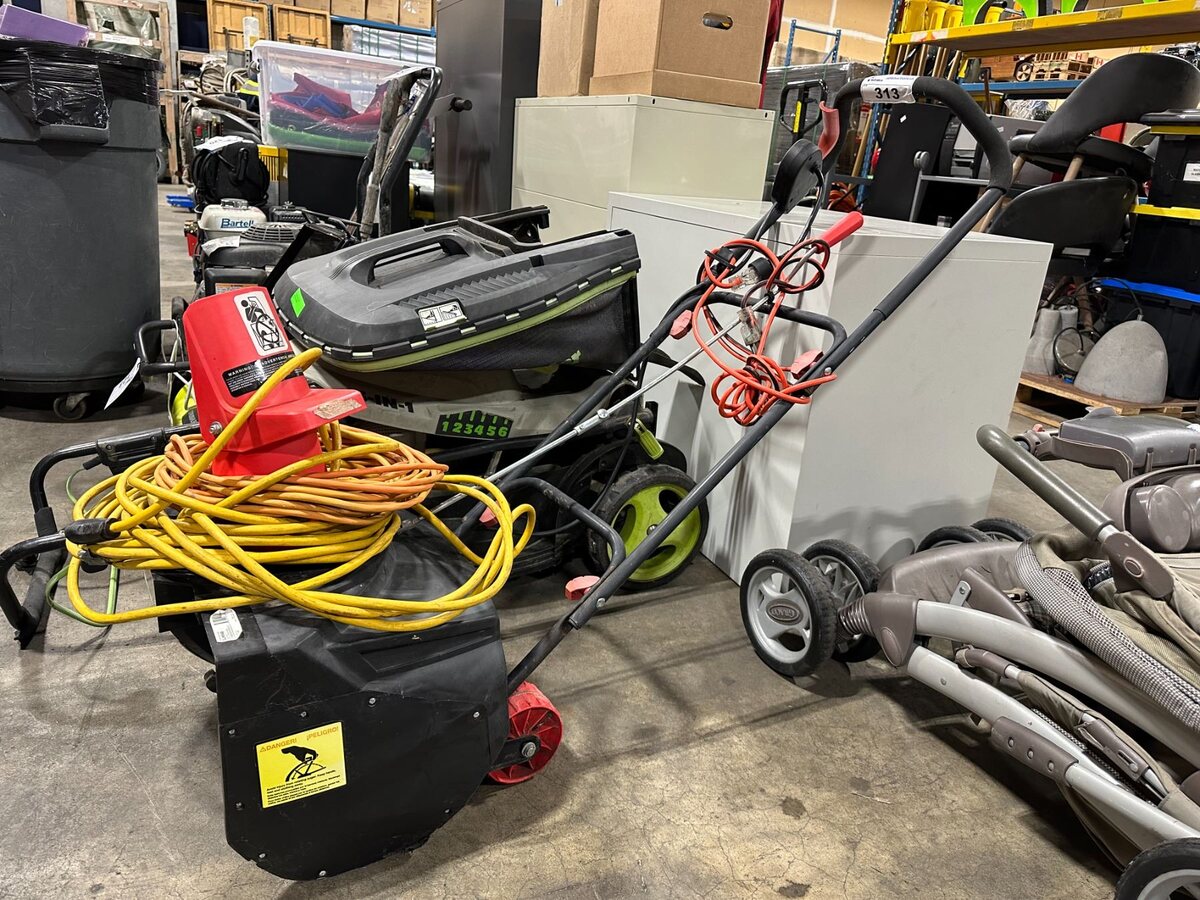
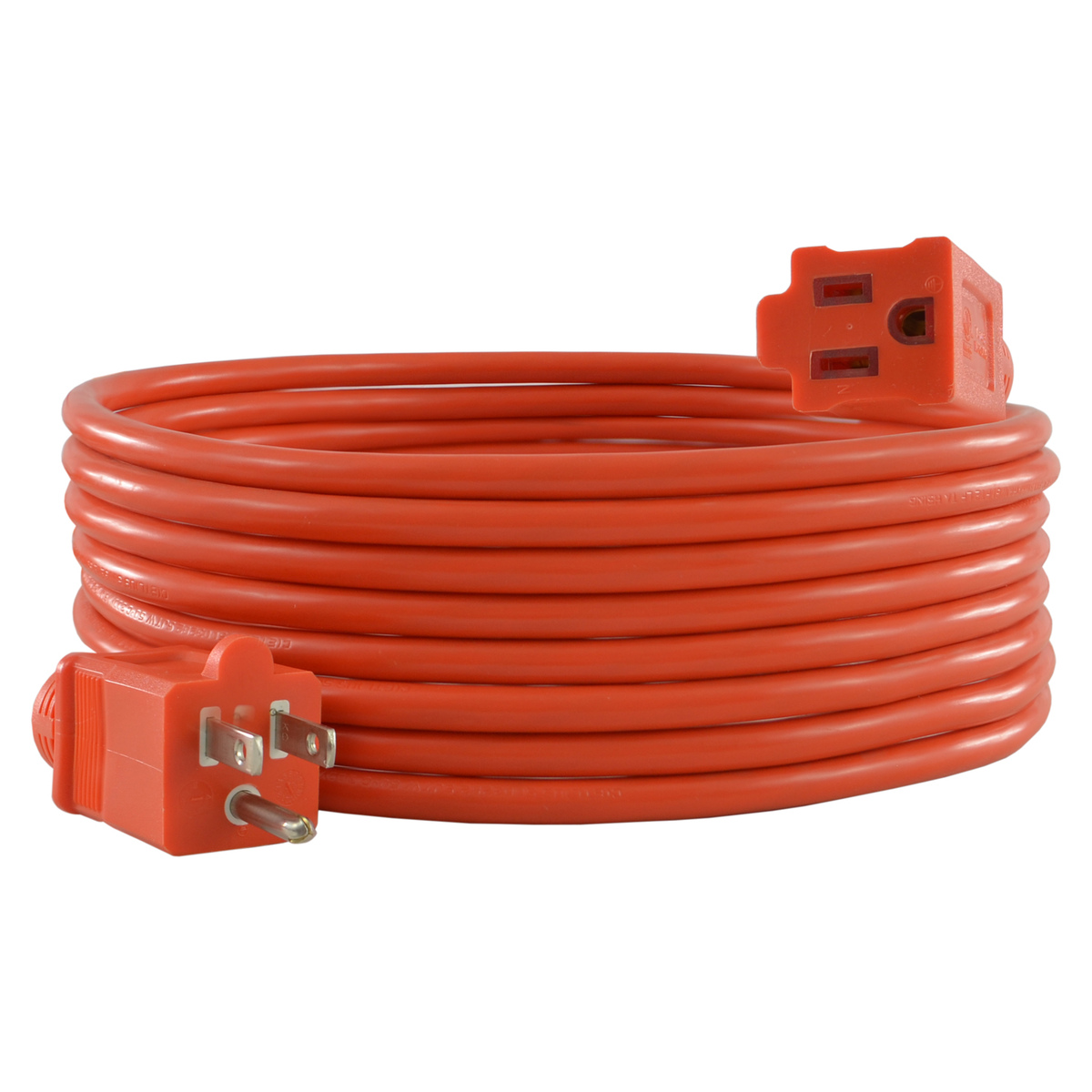
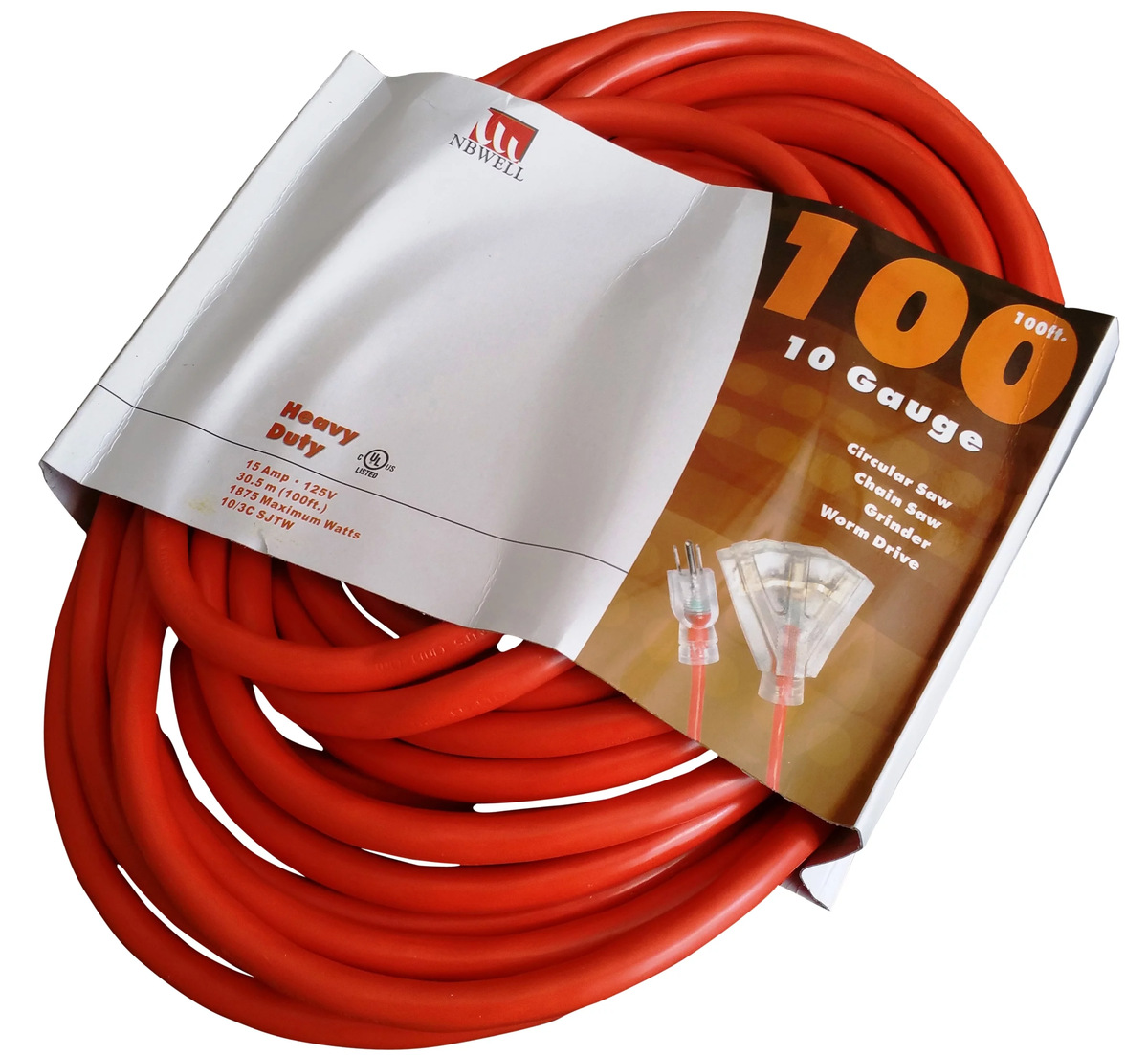
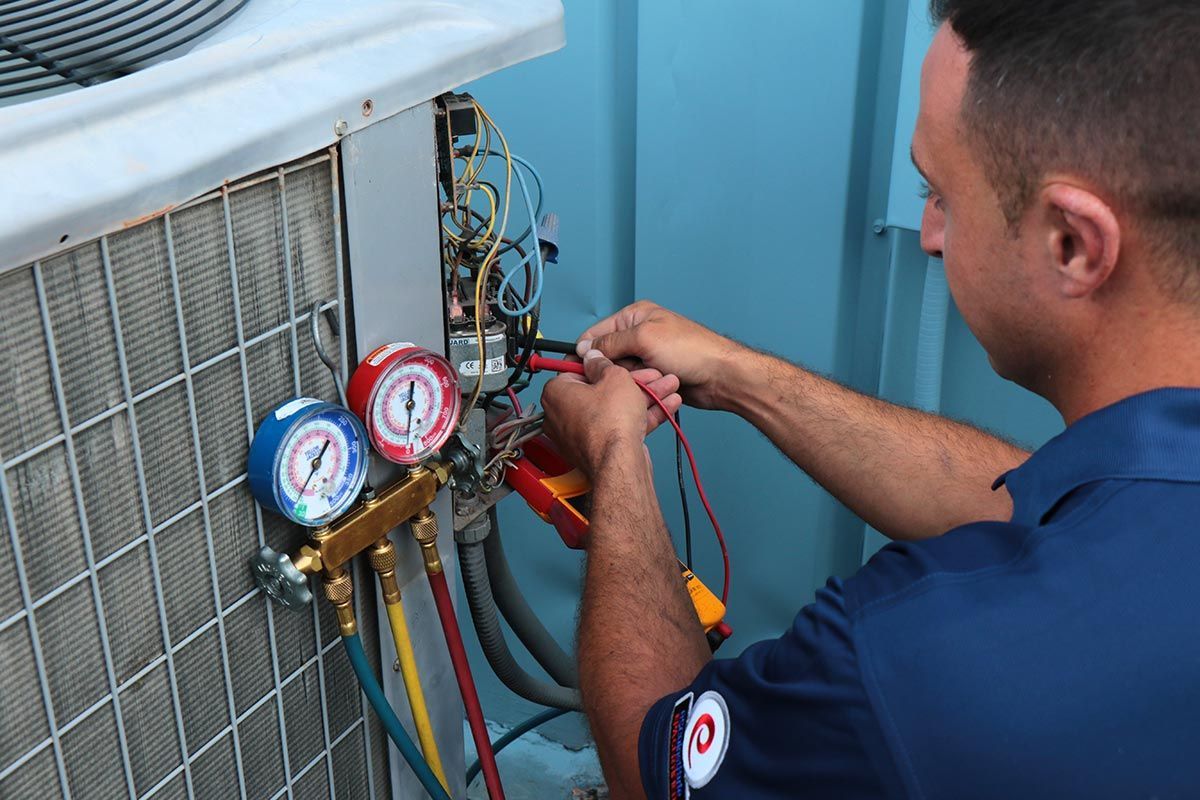
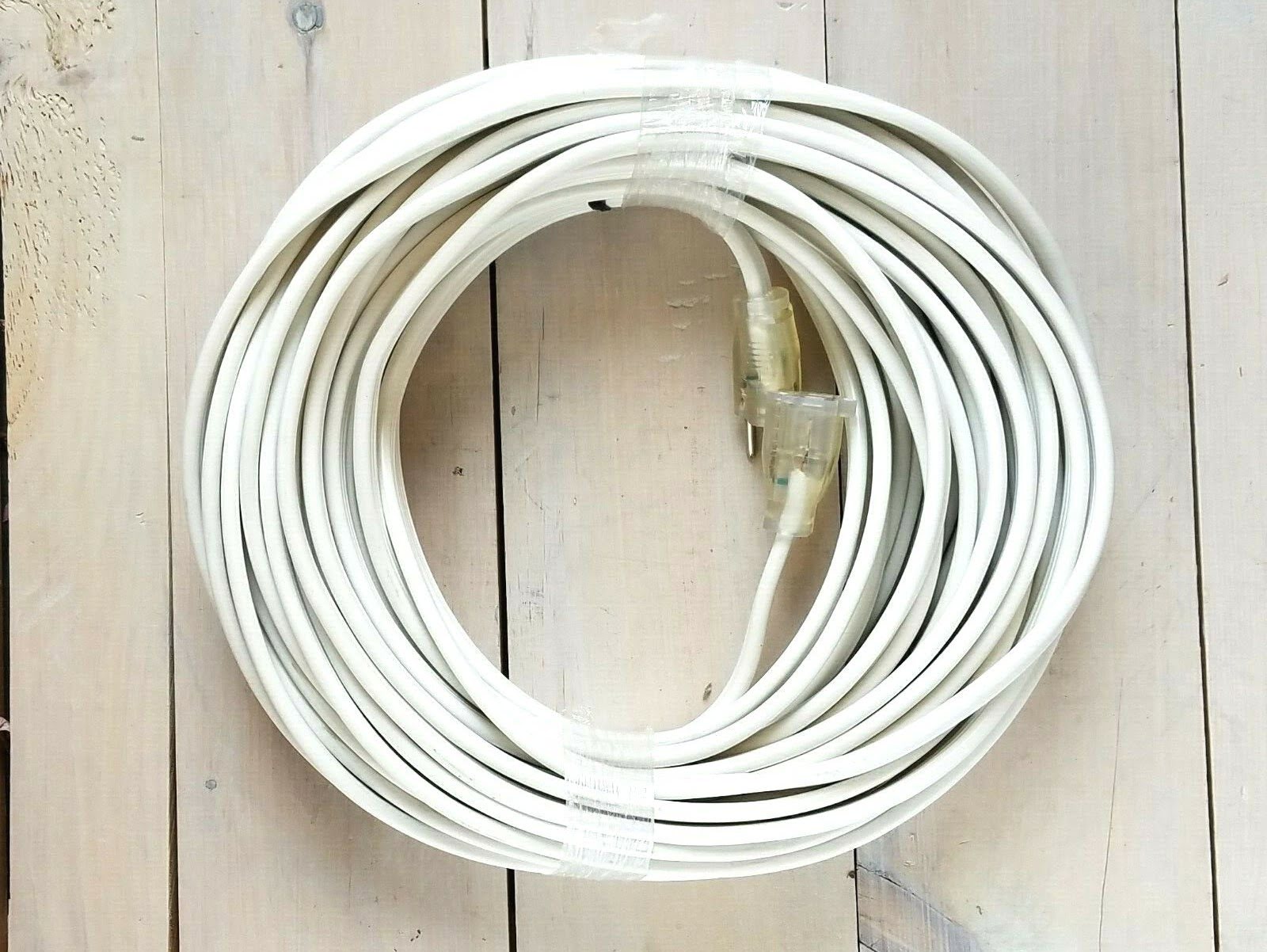
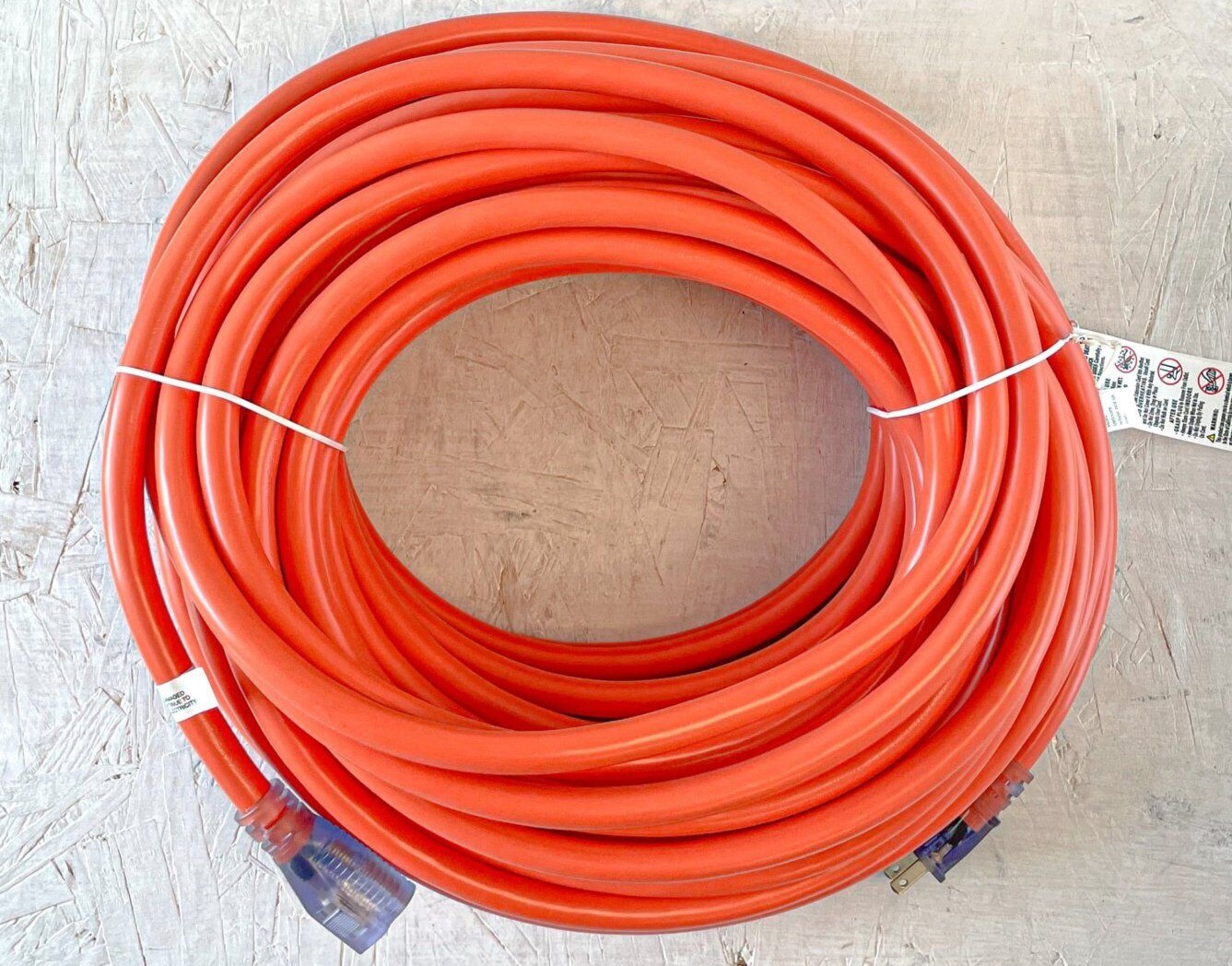
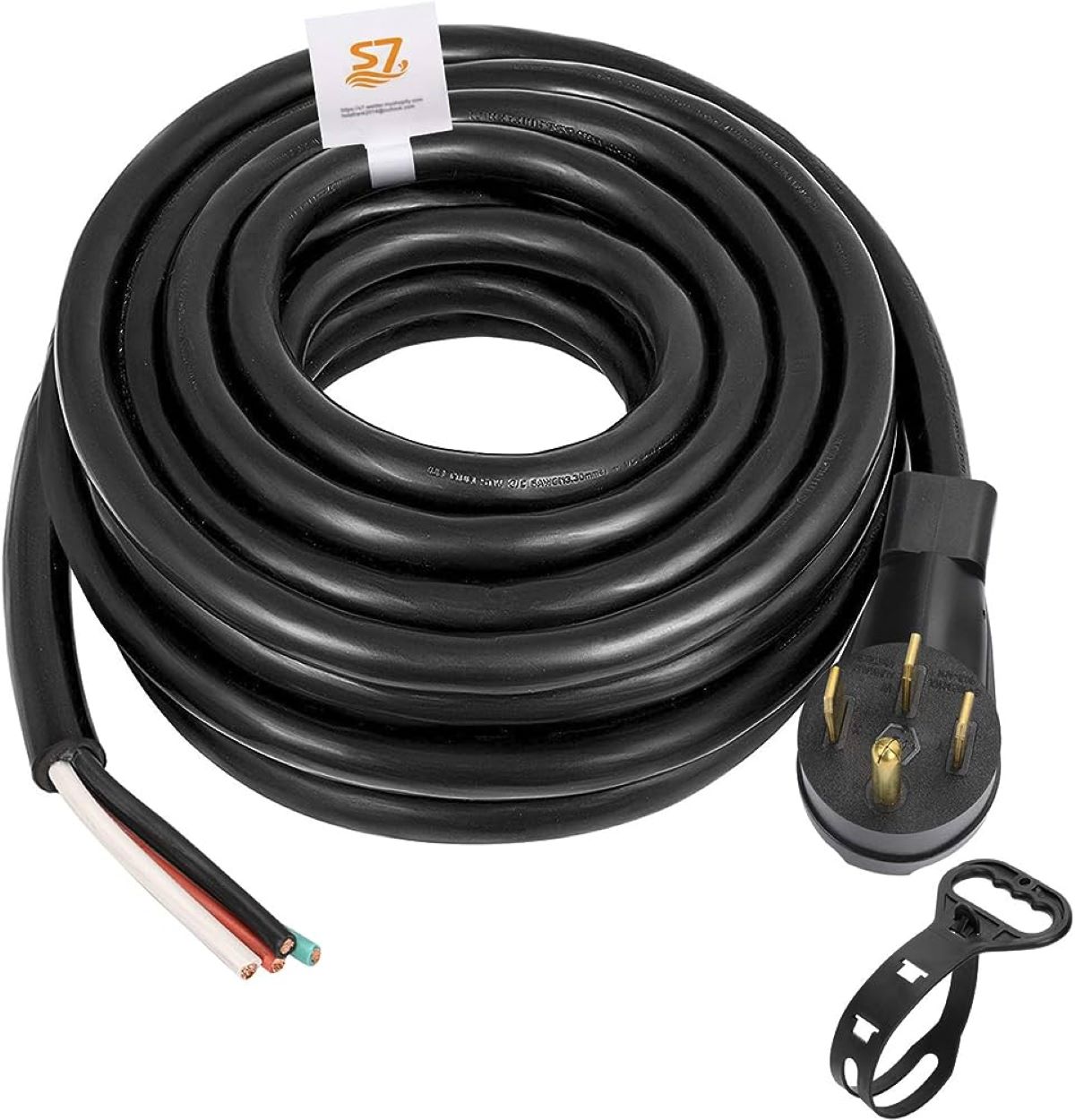

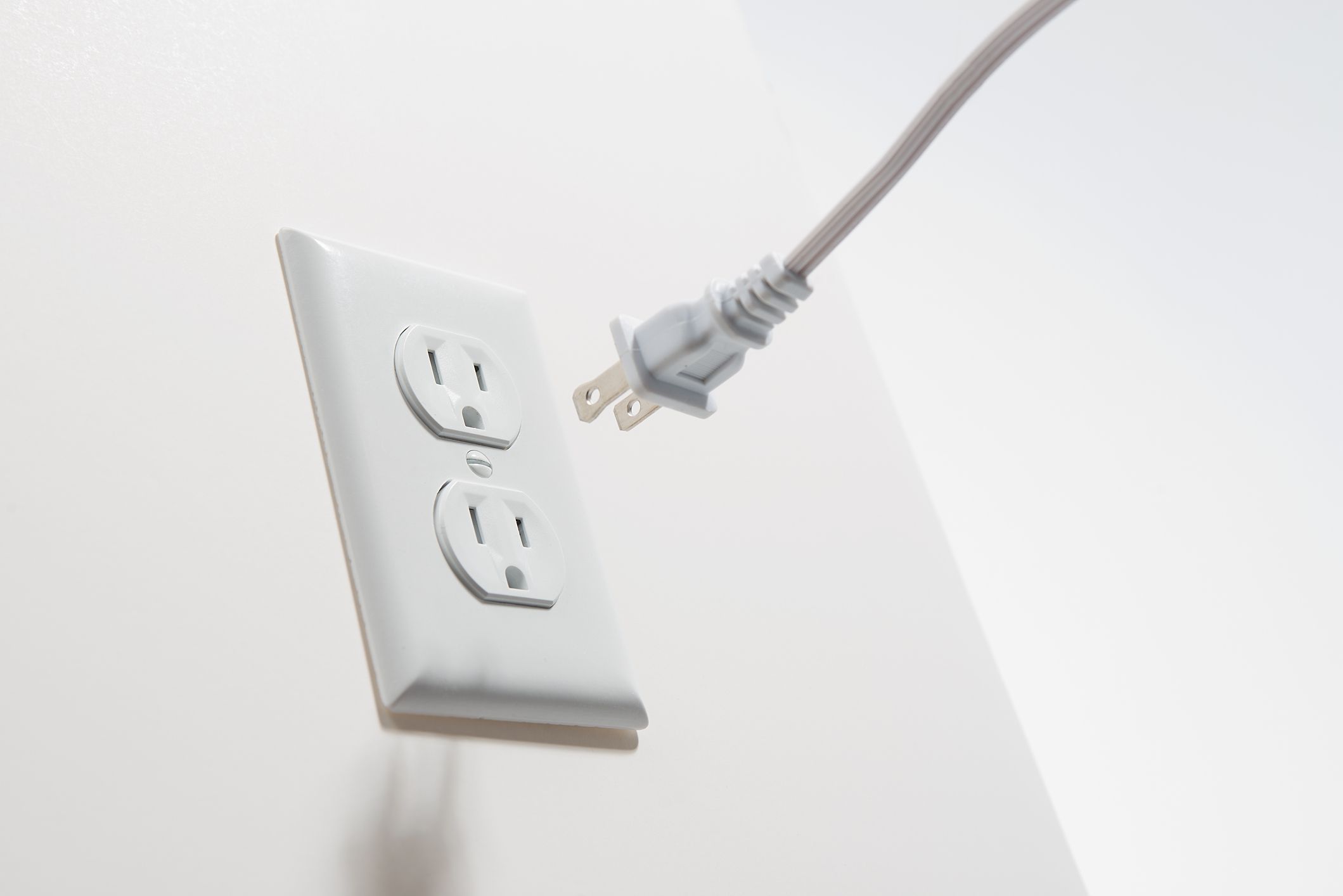
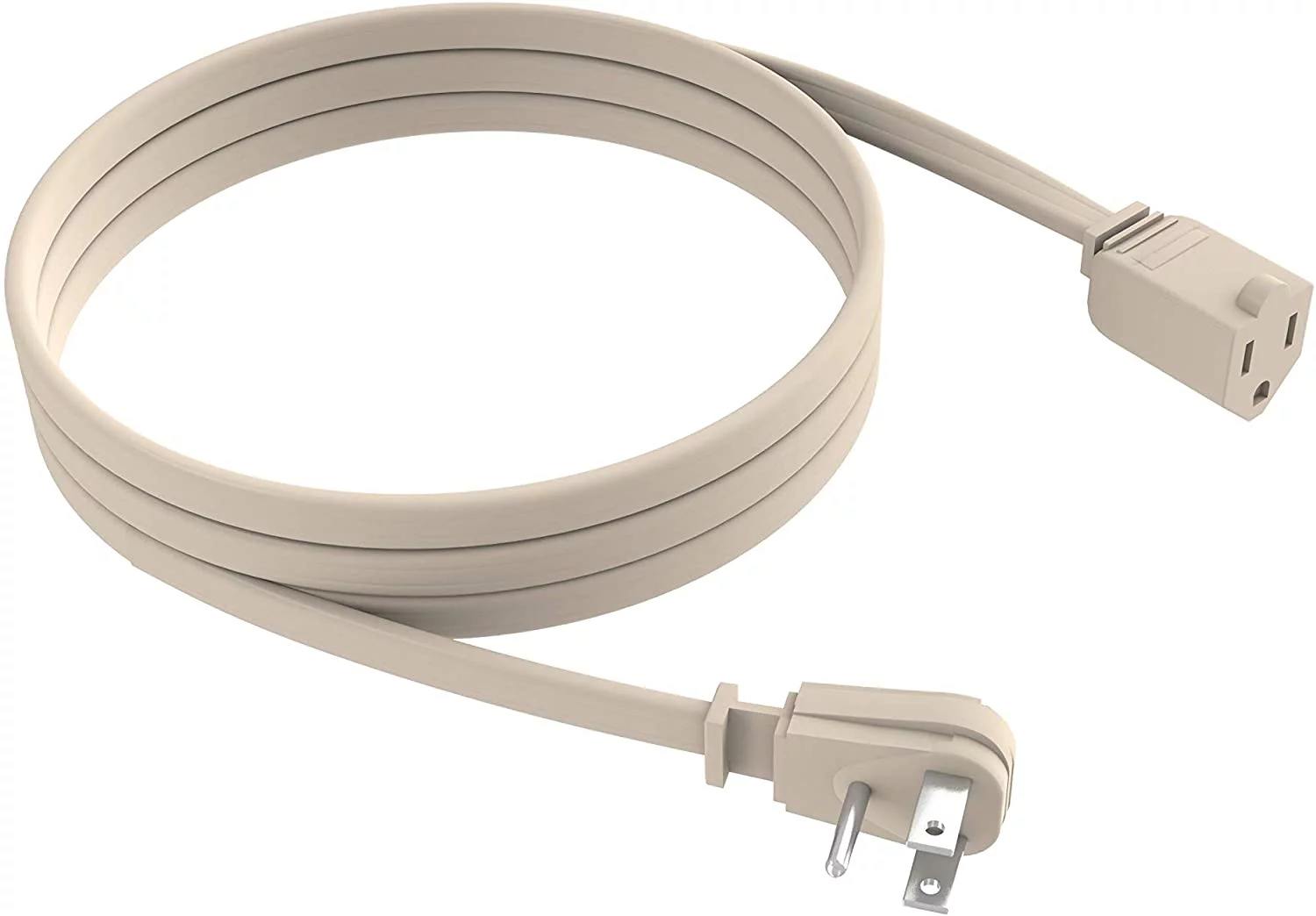
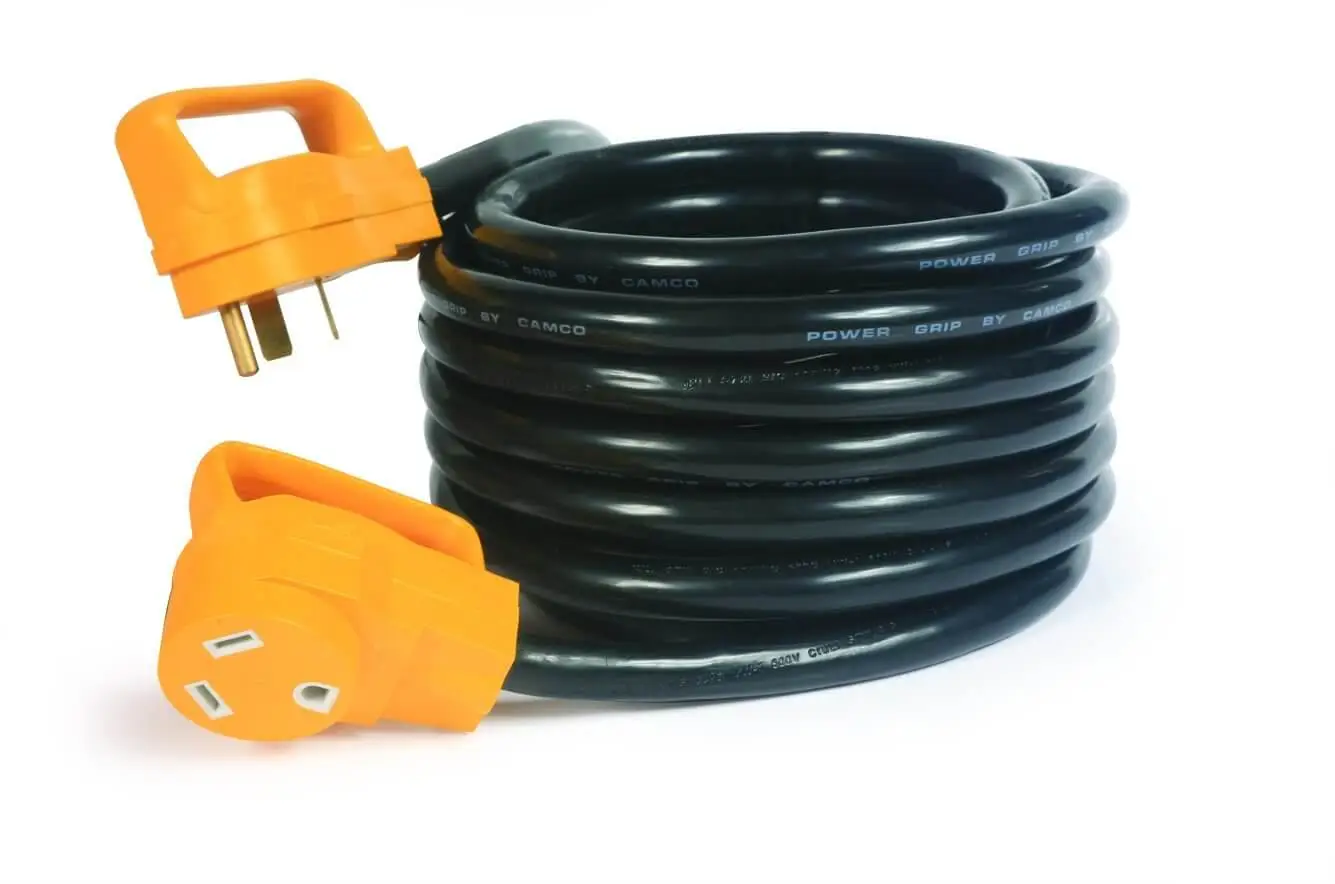

0 thoughts on “What Gauge Extension Cord For Air Conditioner”